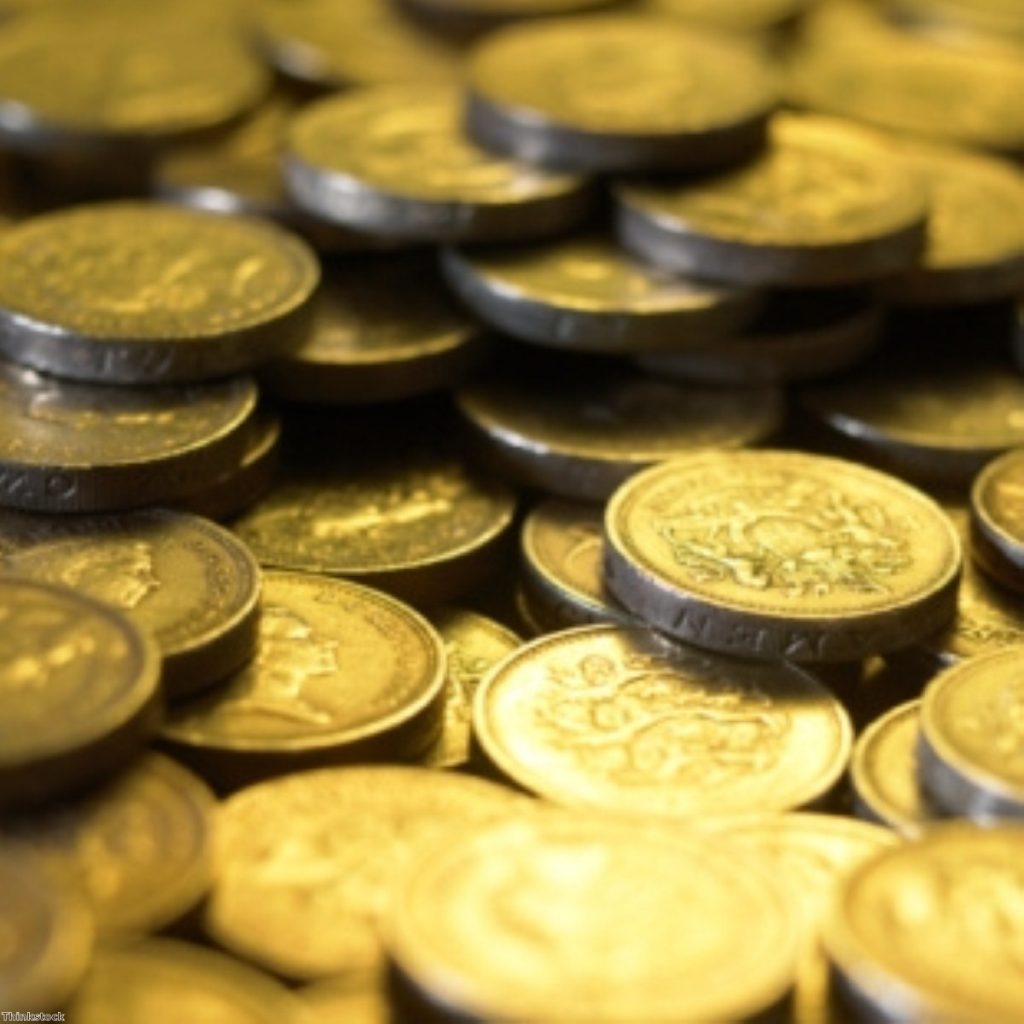Inflation breaks 5% barrier
By Alex Stevenson Follow @alex__stevenson
Inflation jumped above expectations to 5.2% in September, official figures show.
The jump in consumer price index (CPI) inflation from 4.4% in July and 4.5% in August is particularly significant because it is used to calculate benefit increases, as well as the rise in the basic state pension implemented next April.
Retail price index (RPI) inflation rose from 5.2% to 5.6%, again exceeding expert expectations. It registered its quickest rate of increase since June 1991.


The latest jump was driven by sharp increases in gas and electricity prices from three of the main power companies. Transport and food prices also rose significantly.
The Bank of England's central projection was for CPI to reach five per cent in the final quarter of the year, meaning it has reached that level sooner than expected.
"It's now clear we have the worst of all worlds – high inflation, rising unemployment and a stagnant economy since last autumn," shadow chief secretary to the Treasury Rachel Reeves commented.
"When Britain now has the highest inflation of any EU country except Estonia, families and pensioners feeling the squeeze want out of touch ministers to take some responsibility and take action now."
But a Treasury spokesperson said: "The government is taking action to help consumers with current high costs, including cutting fuel duty and freezing council tax, and the prime minister met yesterday with energy suppliers to discuss how to bring down customers' energy bills."
Governor Mervyn King will deliver a speech addressing the Bank's handling of the economic crisis in the north-west this evening.
Commodity prices have fallen by ten per cent since their peak in February, which has reinforced experts' hopes that the current level is close to its peak.
The jumps in inflation triggered by January's VAT hike to 20% and previous petrol price rises are set to fall off the year-on-year comparison in the coming months, which will also help.
Yesterday's report from Ernst and Young's Item Club forecast that inflation would peak at around five per cent later this year, before easing in 2012.
But Chris Williamson of Markit warned that medium-term prospects were not entirely positive.
"The renewed weakness of sterling will continue to drive up import prices, and oil prices have also begun to creep up again," he pointed out.
"There is therefore a risk that the rate of inflation could remain higher than the Bank of England is currently projecting and remain above the two per cent target for some time."
Markit's 'misery index', which takes into account inflation worries, hit a 19-year high as a result of the latest data.
The expected fall in inflation should help real household disposable incomes to rise next year. This will help raise levels of consumer spending, giving the economy a much-needed boost which will be welcomed in Westminster.
"It is not all bad news for the government. Higher price inflation will also boost some tax receipts. VAT revenues, for example, will be higher than previously forecast," the IPPR thinktank's senior economist Tony Dolphin commented.
He warned that inflation's more general effect, dampening retail sales and suppressing economic growth, had a knock-on impact on the Treasury's calculations, however.
Forecasters now think the economy will only grow by one per cent in 2011, compared to 1.7% predicted by the Office for Budget Responsibility in March.
"This downgrade to growth will also necessitate an upward revision to forecast budget deficits," Mr Dolphin added.
"The chancellor's self-imposed deficit targets have just become that little bit harder to achieve."









